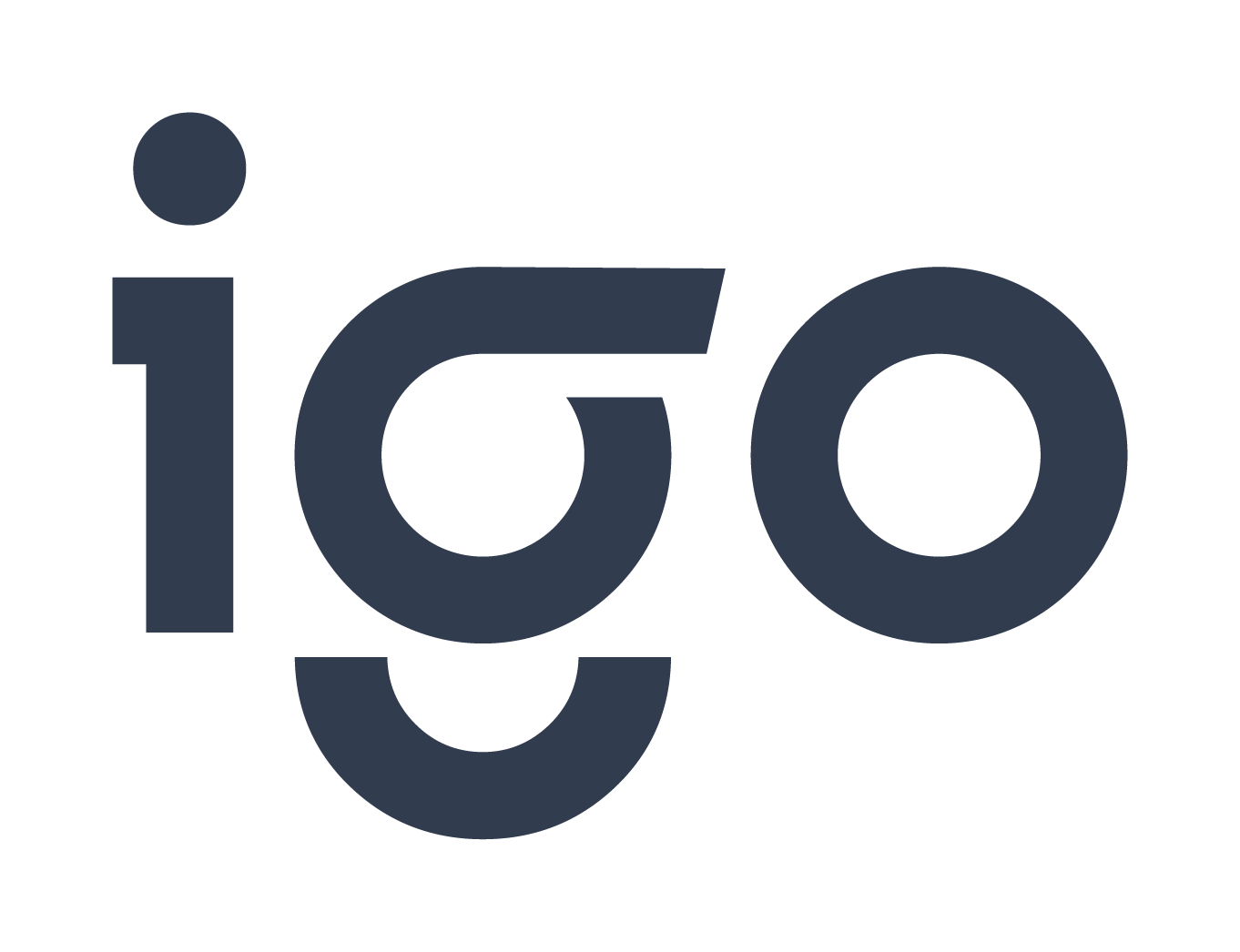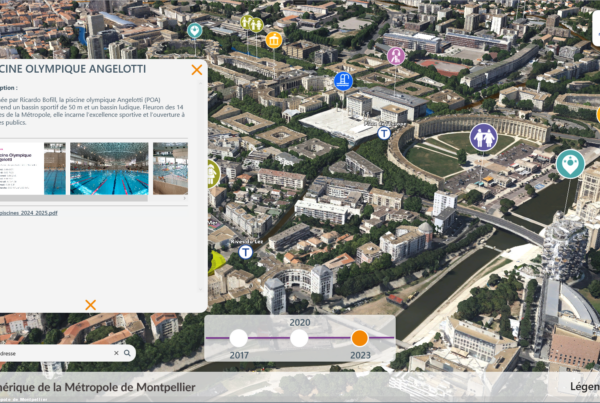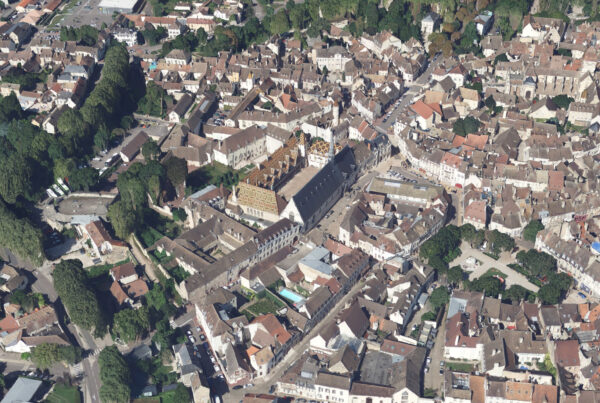The Metropole of Montpellier seized the opportunity of a call for projects from France Relance to propose the creation of a sovereign and open 4D digital twin to manage public policies in the Montpellier catchment area.
Technology for land management
The 4D digital twin is a major innovation in virtual modeling. It enables us to faithfully represent a territory in its entirety (buildings, relief, vegetation, buried networks, etc.), as well as its evolution. Using data collected in real time, it is now possible to monitor its life cycle over a precise period.
Through this project, the Metropolis hopes to benefit from a 4D quality reference system, integrating all the phenomena (temperatures, noise, pollution, natural hazards, resource consumption, population density) captured in the context of the connected city.
IGO, a key player in the project
IGO is assisting the Metropole in the development of an innovative solution designed to harness the modeling of its territory to assess public policies in detail, and to analyze its evolution in order to better plan the city of tomorrow.
In particular, it enables :
- The creation of a visual history to measure demographic growth and urban evolution over time;
- The study of urban heat island phenomena (linked to the higher temperatures in the air and the surface area of city centers compared with the suburbs);
- Flood risk assessment.
For the next three years, changes in the area will be visible through a time cursor, offering a dynamic and predictive perspective.
The 4D digital twin is also promising for mastering the challenges of climate resilience and for simulating solar cadastres (mapping a region’s solar potential).
Development prospects
The 4D Digital Twin offers great prospects, and several use cases are envisaged, such as :
- Neighborhood redevelopment to enhance attractiveness and quality of life for residents;
- Building densification to increase the presence of nature in the city;
- Identifying urban heat islands to rethink the landscape ;
- Air quality monitoring, particularly in schools;
- Planning cycle routes based on tree shade;
- Integration of IoT sensors.
The Metropole’s ambition is to collaborate with the OPenIG regional platform and other neighboring local authorities. The aim would be to perpetuate the project by sharing repositories, developments and processes.
In order to enrich its database, the Montpellier Data Policy and Development Department is also looking to work with researchers to integrate new historical information.
Today, the 4D digital twin paves the way for a better understanding of cities and their current challenges.





